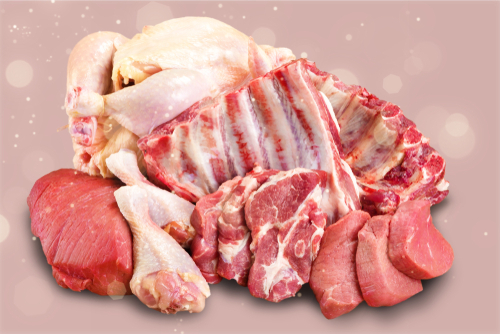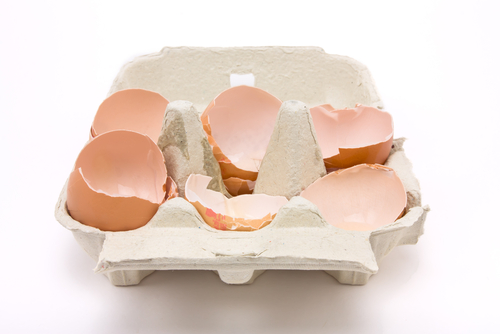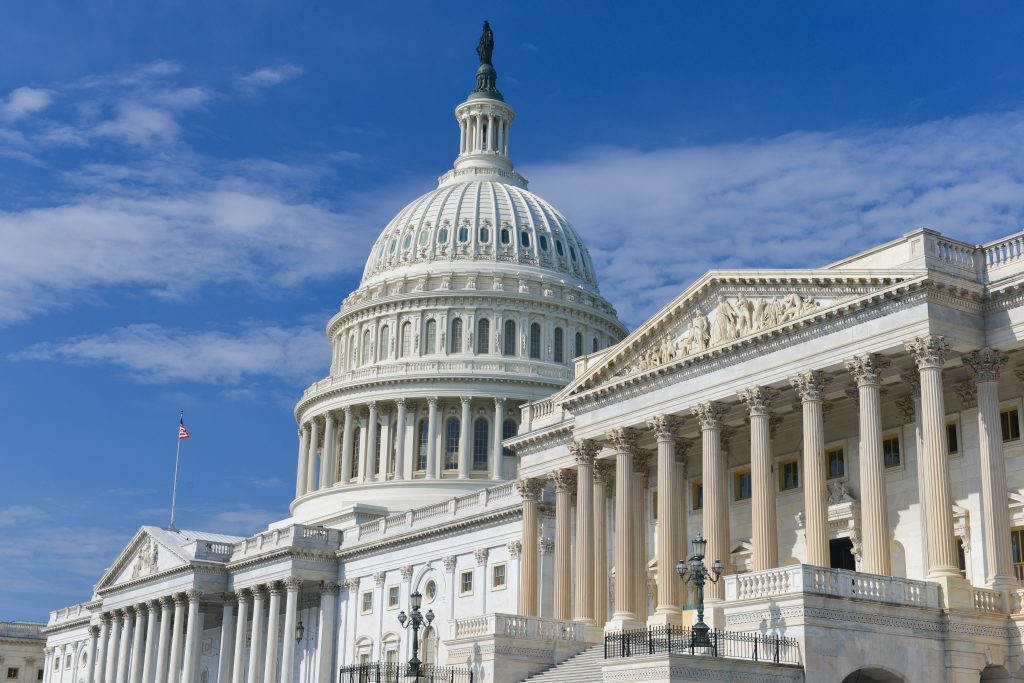Everywhere we turn these days, we’re confronted with another dire warning to stop eating something, lest that something harm us and everyone we care about. We are told that most everything we eat is a health risk. The media bombards us with stories about mad cow disease and PCBs in salmon to the point that we feel like we’re navigating a minefield every time we go to the fridge. But yesterday’s Seattle Post-Intelligencer provided a good dose of sobriety for those drunk with fear of food:

David Ropeik from the Harvard Center for Risk Analysis explains: “The perception of risk is often less based simply on facts than it is on intuition and instinct.” Our tendency to miscalculate risk certainly leads many astray. A growing number of professional scaremongers are also deliberately preying on our fears to scare us into accepting their radical ideologies.
Groups like the Organic Consumers Association (OCA) and the Physicians Committee for Responsible Medicine (PCRM) are milking mad cow disease for all it’s worth. OCA is trumping up mad cow fears to drive consumers to the pricey organic market. And PCRM (exposed as a front group for People for the Ethical Treatment of Animals in this week’s Newsweek) thinks mad cow is the ticket to a vegetarian world. Just last week PCRM used mad cow to scare schools into replacing “beef and other meaty items” with vegetarian meals in their cafeterias.
The Environmental Working Group (EWG) continues to sound the false alarm over PCBs in farm-raised salmon. EWG is even attempting to cash in on those fears with a lawsuit in California. Yet despite the doom-and-gloom headlines generated by activists, nearly every international regulatory agency says there is little cause for alarm. Even the Food and Drug Administration counsels: “If anything we would like to see consumers eat more salmon.”




